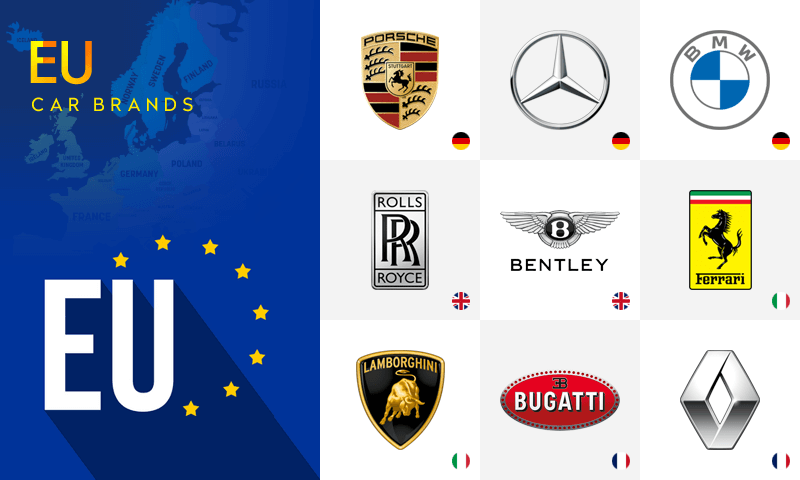All of Europe’s carmakers have reported losing millions in profit because of the tariffs, and say they’re not hopeful of getting carveouts for the sector.
BRUSSELS — German automakers had hoped that months of lobbying pressure would give them extra carveouts in the EU-U.S. trade deal, but they’re now reversing course as the dust settles on the agreement.
The industry had pushed hard for an export offset scheme in which American import tariffs would be offset against models produced in the U.S. and exported abroad. Another idea recently floated by Volkswagen was for tariff reductions based on their U.S. investments.
But those hopes are wilting.

“For all intents and purposes, the global deal for now is it,” Mercedes-Benz CEO Ola Källenius said on a call with investors this week, adding it was “very uncertain” whether sector- or company-specific amendments could be added.
The trade deal, which is still being finalized, lowers U.S. car and auto part tariffs from 25 percent to the baseline 15 percent starting Aug. 1.
Not everyone is giving up so easily, though. BMW CEO Oliver Zipse is one of the main proponents of the export offset scheme given the German automaker’s extensive factories in South Carolina. He is holding out hope for talks between the U.S. and Germany — although only the European Commission is supposed to negotiate trade deals for the bloc.
“It doesn’t have to be part of a major package. You can also do it directly between two countries,” he said in a call with media on Thursday, adding in a separate call with investors that the company will continue to push for the offset scheme.
Counting the damage
Over the past two weeks, all of Europe’s automakers have reported their half-year earnings — offering a first glimpse of the impact of the tariff war Donald Trump unleashed in April.
None are unscathed.
